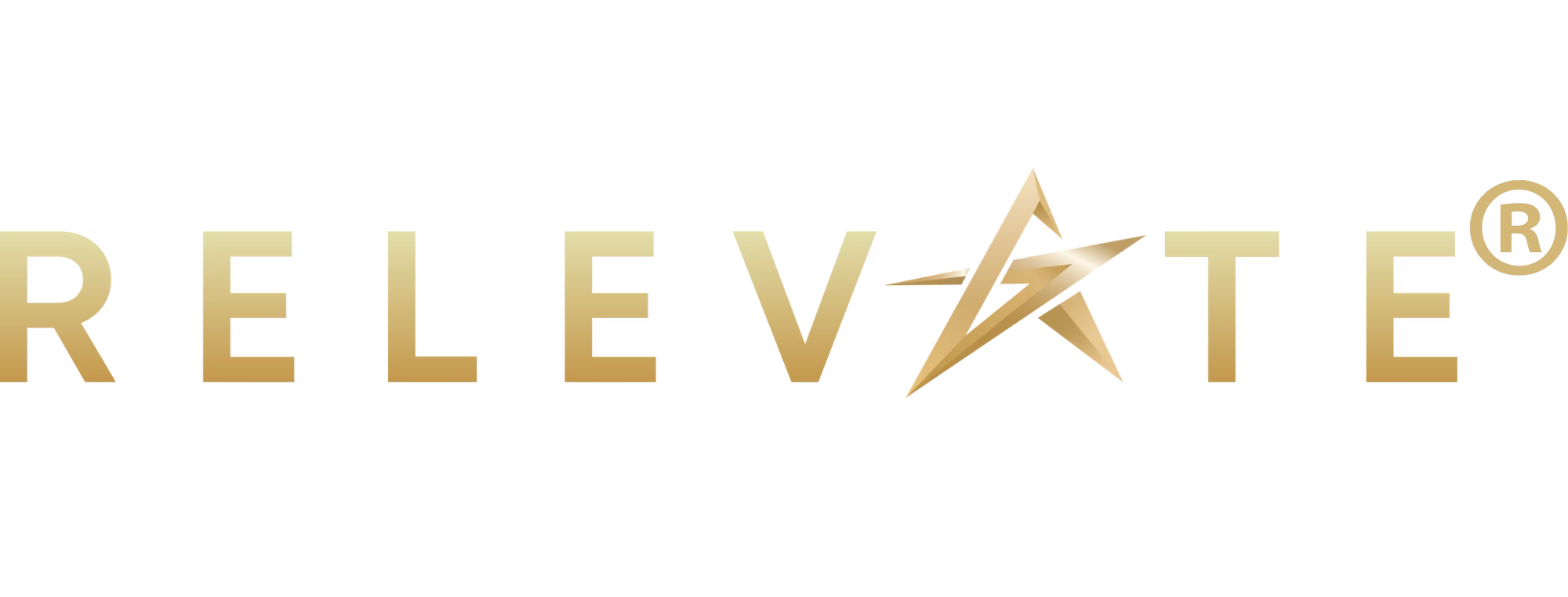
Find out what you can afford.
Unless you have a sizable chunk of cash in the bank, you are going to need a mortgage loan. The specifics of the loan you can get will depend on a lender’s assessment of your financial situation. If you are serious about buying a house, you need to find out what that financial situation is and how much of a loan you qualify for. This means getting pre-approved.
Knowledge is power!
It can be tempting to procrastinate taking this step for the same reason people put off going to the doctor: it’s kind of a hassle and there’s a chance you’ll get bad news. But avoiding a doctor’s visit isn’t going to make you any healthier and avoiding a serious look at your finances isn’t going to make it easier for you to afford a home. And if you are buying a house with a significant other, getting on the same page about your finances and budget is especially important to making the house hunting experience exciting and not stressful. Don’t worry about what you’ll be able to afford – go meet with a lender and find out. You might even be surprised to find out you can afford more than you thought!
So, what is a pre-approval letter?
Pre-approval is getting a lender to write a letter that says, basically: “Based on our standards, you are qualified for a mortgage up to X amount, provided certain conditions are met.” For the lender to approve an actual mortgage, you need to submit an offer on an actual house and the house needs to appraise for at least the amount of the loan. But pre-approval is the first step; it’s a lender’s way of expressing confidence that you can afford a certain price if you were to move forward with the purchase of a home. A pre-approval letter is typically only good for a period of time – usually from 60-90 days. This means that if you don’t find a home you want to buy within that time frame, you will need to get your lender to provide an updated letter. You will need to provide documentation of anything that has changed since your first letter was issued (change in income, new debt, etc.) and your lender may run a new credit check.
Why should pre-approval be my first step?
First, in many markets, you need a pre-approval just to start looking at houses. Many agents will not spend much, if any, time showing houses to someone who hasn’t demonstrated they are ready and able to buy.
Second, many sellers will not look at offers from buyers who are not pre-approved. In a situation where the seller receives multiple offers, a pre-approval shows the seller that you are ready to move and don’t have to wait for your financing to come through. Third, the pre-approval process can bring to light errors that may exist on your credit report. Getting pre-approved early in the home buying process gives you a chance to dispute and correct any errors that may exist. You may also be able to improve your credit so that when you are ready to make an offer on a house you can actually secure a mortgage with even better terms than you were originally pre-approved for.
Things a pre-approval is NOT.
Pre-approval is not the same as pre-qualification. Pre-qualification is a less formal estimate of the size of mortgage loan you would qualify for from a certain institution. It can usually be completed over the phone and relies on the accuracy of information you provide – nothing is verified and your credit is not pulled. Pre-qualification is not necessary; it can be useful to get a quick idea of what your price range might be, but will not carry much weight with the seller or with agents. Pre-approval is not a promise that a mortgage will be approved for any house you want to buy. When a lender issues you a pre-approval letter, they are making an assessment of your ability to make payments of a certain amount. They are neither assessing the value of any particular house, nor their readiness to loan you money to buy any particular house. Once you make an offer on a home, a third-party appraiser will conduct a professional appraisal of the home to determine its value. Before a lender gives you $200,000 to buy a house, they need to be assured that, if you suddenly stopped paying your mortgage, they could get their money back by selling the house. Pre-approval is not a promise your mortgage will be approved regardless of changing circumstances. If you lose your job or your income decreases after you have been pre-approved, this may cause your mortgage application to be denied. If your level of debt increases, or you spend a big chunk of your savings account and your assets change, your mortgage application could be denied. The bottom line? A pre-approval is not a promise! Your lender will go back and check things closer to closing to make sure everything is as it should be before going forward with the mortgage approval. Once you are pre-approved, do your best not to change anything! However, a pre-approval is also not a binding agreement you’ll use that lender. If you decide you ultimately want to use a different lender for your mortgage, you are under no obligation to the lender who did your first pre-approval. You will have to go through the pre-approval process again with your new lender, but if you find a lender who offers a better interest rate or better terms, the small hassle of additional paperwork will be worth it in the long run.
How do I get pre-approved?
You will make an appointment to meet with a lender in person and should prepare all of your documents ahead of time. If you aren’t sure whether you’ll need a particular document – bring it anyway! It is better to have more information on hand than less and it will save you from having to go back and look for missing info. Here’s a list of documents you should have ready to go before you meet with your lender:
- Tax returns
- W-2s
- Pay stubs
- Proof of any other income (alimony, bonuses, etc.)
- Proof of assets, such as bank and investment account statements
- Documentation of debts, like credit card statements and student loan statements,
- Employer’s contact information (previous employer’s too if you’ve recently changed jobs)
- Landlord’s contact information
- Your driver’s license
- Your social security number
Before you walk into your appointment, you should have an idea of how much you are willing to spend. If you find out you are pre-approved for more than you’d thought, it can be tempting to adjust your budget accordingly. You should be solid on what you’re comfortable spending, both on your monthly mortgage payments and on your down payment, before you find out how big of a mortgage you qualify for.
Congrats! You just got serious.
You know what your price range is and you’re ready to make a confident offer as soon as you find the right house. Getting your finances lined up early in the process sets you apart from other less-prepared buyers and positions you to be competitive when you make your first (and hopefully only!) offer on the house you want. If you haven’t already found a buyer’s agent you trust, now is the time to start asking around and doing some research on local realtors. If you already have an agent you are working with, but haven’t gotten your pre-approval taken care of, your agent would love to help guide you through the process and help you determine a realistic price range. If you are ready to buy a home, making pre-approval your first step is one of the smartest things you can do. So what are you waiting for?
Other Useful Resources About Mortgage Pre-Approval:
- More on the difference between pre-approval and pre-qualification, from Bill Gassett of RE/MAX Executive Realty
- Mistakes to avoid after you’ve been pre-approved, from HSH.com
- When and Why Should I get Pre-Approved for a Mortgage? from the Keith Hiscock Sold Team
Check out my personal blog at mattminordurham.com for more real estate articles and great local Raleigh-Durham info! Follow my Buying and Selling boards on Pinterest for even more articles and tips to help you buy or sell your home!


